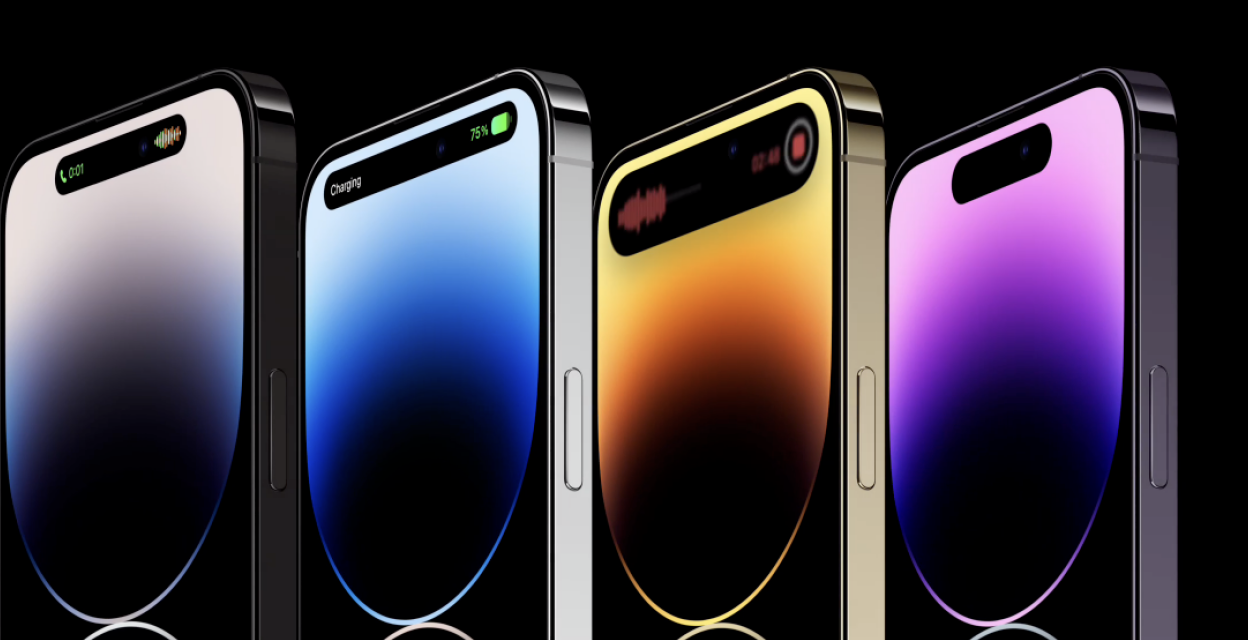A piece on a change of leadership in Foxconn’s iPhone assembly business includes an eye-opening insight into the iPhone quality standards laid down by Apple.
The new head of iPhone assembly said that while production lines for Chinese Android phones required only 100 workers each, the equivalent iPhone production lines needed 1,200 workers …
The focus of the Bloomberg piece is on the promotion of the new iPhone head at Foxconn.
Key Apple Inc. manufacturing partner Foxconn Technology Group has appointed a new boss for its iPhone assembly business after a tumultuous year in China, highlighting the company’s efforts to ready a new generation of leaders to help it navigate a post-Covid world.
Michael Chiang was first identified in his new role at Taiwan-based Foxconn’s annual year-end party on Sunday, succeeding longtime leader Wang Charng-yang as head of the division responsible for iPhone assembly. Chiang was recently promoted to chief of the A business group as Wang steps back to focus on a role on the board, according to people familiar with the matter.
The piece stresses that the change was not made in response to the huge COVID-19-related disruption at the company’s main iPhone assembly plant, resulting in mass resignations and worker protests, which met with violent opposition from security and police.
But it says that Chiang, who is US-educated, did play a key role in sorting out the mess.
When Foxconn encountered unprecedented worker unrest at its main iPhone campus in the central Chinese city of Zhengzhou late last year, Chiang played a pivotal role in communicating with the local government and making sure Apple’s demands would be satisfied, one of the people said.
iPhone quality standards
The piece references an earlier interview with Chiang in which he provided an insight into the differing quality standards expected by Apple when compared to the Android phones which Foxconn assembles for Chinese companies.
“For Chinese Android phones, we only have to assign 100 workers per production line, but we need 1,200 for the iPhone,” Chiang said, underlining Apple’s exacting demands.
Similar challenges have been faced by other Apple suppliers. Samsung Display, which makes iPhone screens for Apple, was at one point experiencing yield rates – the percentage of production that passed quality control – as low as 60%. The firm subsequently hit 80%, and industry observers even described 90% as an impressive achievement.
This content was originally published here.






Recent Comments